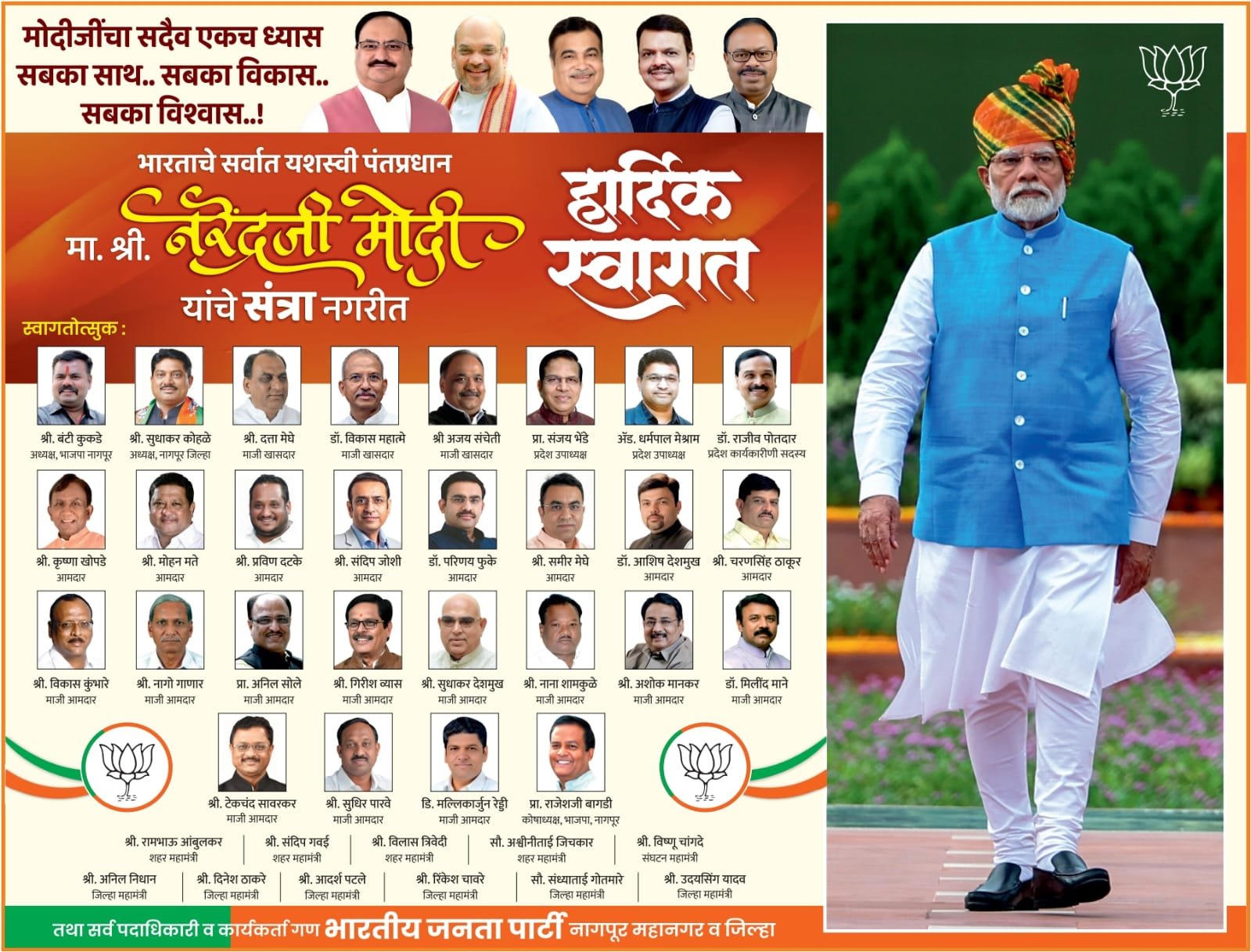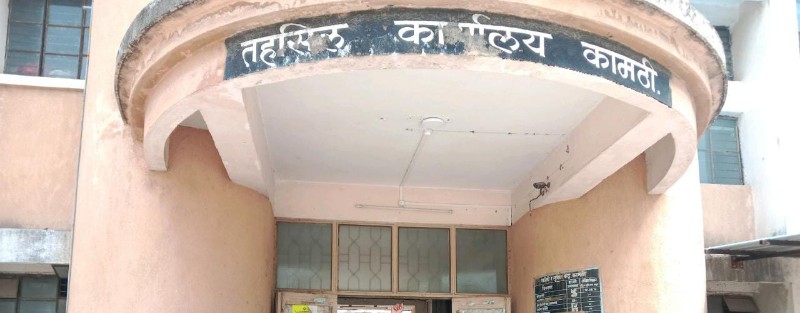
NAGPUR :- Division Bench presided over Nitin Sambre and Valmiki Menezes JJ have quashed and set aside order of detention dated 23-02-2023 passed by Commissioner of Police, Nagpur thereby detaining him under sec 12 (1) of Maharashtra Prevention of Dangerous Activities of Slumlords, Bootleggers, Drug offenders, Dangerous persons and Video Pirates Act, 1981.
Harshal was detained under section 3 MPDA Act vide by Commissioner of Police, Nagpur .
Harshal was detained on the allegations that he is a dreaded criminal as a result of which people are scared to depose against him. There were 5 criminal cases registered against him and 2 persons had given in camera statement against him. It was alleged that his activities were disturbing the public order.
Adv Mir Nagman Ali appearing for Harshal submitted that, there are the five crimes, which form the basis of passing the detention order are all in the nature of personal disputes between the petitioner and the complainant. That of the five crimes which are referred in para 8 of the impugned order, two crimes bearing N.C. No.215/2022 (Sonegaon) and NC NO.398/2022 (Dhantoli), were of non cognizable nature being offences alleged under Sections 504, 506 and 323 of the Indian Penal Code (IPC). Further, that in the other three cognizable offences which are Crime No.800/2022 (M.I.D.C.), Crime No.190/2022 (Sonegaon) and Crime No.427/2022 (Ranapratap Nagar), the petitioner was released on bail by the concerned Magistrate and there was no cause for the authorities to proceed with any action in terms of the MPDA since the matters would proceed under regular penal laws.
While allowing the writ petition, Hon’ble Division Bench observed- 8. At the outset, we quote the Hon’ble Supreme Court in the
judgment of Kanu Biswas (supra) on the question of what constitutes breach of “public order” as opposed to breach of “law and order” :-“6. The distinction between the concept of public order and that of law and order has been adverted to by this Court in a number of cases. In the case of Dr. Ram Manohar Lohia v. State of Bihar, [1966] 1 S.C.R. 709,
Hidayatullah J. (as he then was) said that any contravention of law always affected order, but before it could be said to affect public order, it must affect the community at large. He considered three concepts, law and order, public order and the security of the State, and observed that to appreciate the scope and extent of each one of them, one should imagine the concentric circles. The largest of them represented law and order, next represented public order and the smallest represented the security order, just as an act might affect public order but not the security of the State. In the subsequent case of Arun Ghosh v. State of West Bengal, [1970] 3 S.C.R. 288, the Court dealt with the matter in the following words: “Public order is the even tempo of the life of the community taking the country as a whole or even a specified locality. Disturbance of public order is to be distinguished from acts directed against individuals which do not disturb the society to the extent of causing a general disturbance, of public tranquility. It is the degree of disturbance and its effect upon the life of the community in a locality which determines whether the disturbance amounts only to a breach of law and order. Take for instance, a man stabs another. People may be shocked and even disturbed, but the life of the community keeps moving at an even tempo, however much one may dislike the act. Take another case of a town where there is communal tension. A man stabs a member of’ the other community. This is an act of a very different sort. Its implications are deeper and it affects the even tempo f life and public order is jeopardized because the repercussions of the act embrace large sections of the community and incite them to make further breaches of the law and order and to subvert the public order. An Act by itself is not determinant of its own gravity. In its quality it may not differ from another but in its potentiality it may be very different.”
7. The question where a man has only committed a breach of law and order or has acted in a manner likely to cause a disturbance, of the public order, according to the dictum laid down in the above case is a question of degree and the extent of the reach of the act upon the society. Public order is what the French call “order publique” and is something more than ordinary maintenance of law and order. The test to be adopted in etermining whether an act affects law and order or public order, as laid down in the above, case, is : Does it lead to disturbance of the current of life of the community so as to amount to a disturbance of the public order, or does it affect merely an individual leaving the tranquillity of the society undisturbed ? ”
In Banka Sneha Sheela (supra) the Supreme Court has considered the very same question and has set down the distinction between what acts constitute of breach of public order and those which are, in contradistinction, to be in-contravention of law and order in the following terms :-
“13. There can be no doubt that for ‘public order’ to be disturbed, there must in turn be public disorder. Mere contravention of law such as indulging in cheating or criminal breach of trust certainly affects ‘law and order’ but before it can be said to affect ‘public order’, it must affect the community or the public at large.
14. There can be no doubt that what is alleged in the five FIRs pertain to the realm of ‘law and order’ in that various acts of cheating are ascribed to the Detenu which are punishable under the three sections of the Indian Penal Code set out in the five FIRs. A close reading of the Detention Order would make it clear that the reason for the said Order is not any apprehension of widespread public harm, danger or alarm but is only because the Detenu was successful in obtaining anticipatory bail/bail from the Courts in each of the five FIRs. If a person is granted anticipatory bail/
bail wrongly, there are well-known remedies in the ordinary law to take care of the situation. The State can always appeal against the bail order granted and/or apply for cancellation of bail. The mere successful obtaining of anticipatory bail/bail orders being the real gr und for detaining the Detenu, there can be no doubt that the harm, danger or alarm or feeling of security among the general public spoken of in Section 2(a) of the Telangana Prevention of Dangerous Activities Act is make believe and totally absent in the facts of the present case.”
Adv Mir Nagman Ali appeared for Harshal Brahmane.



